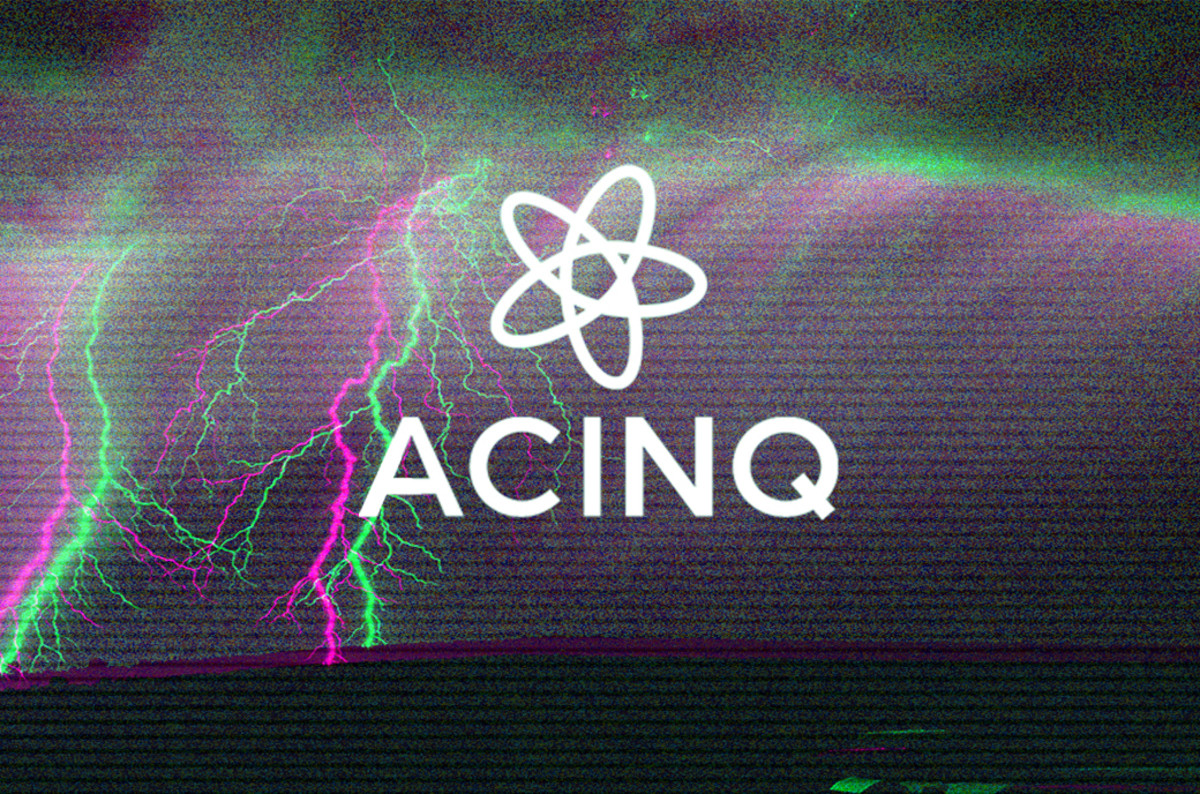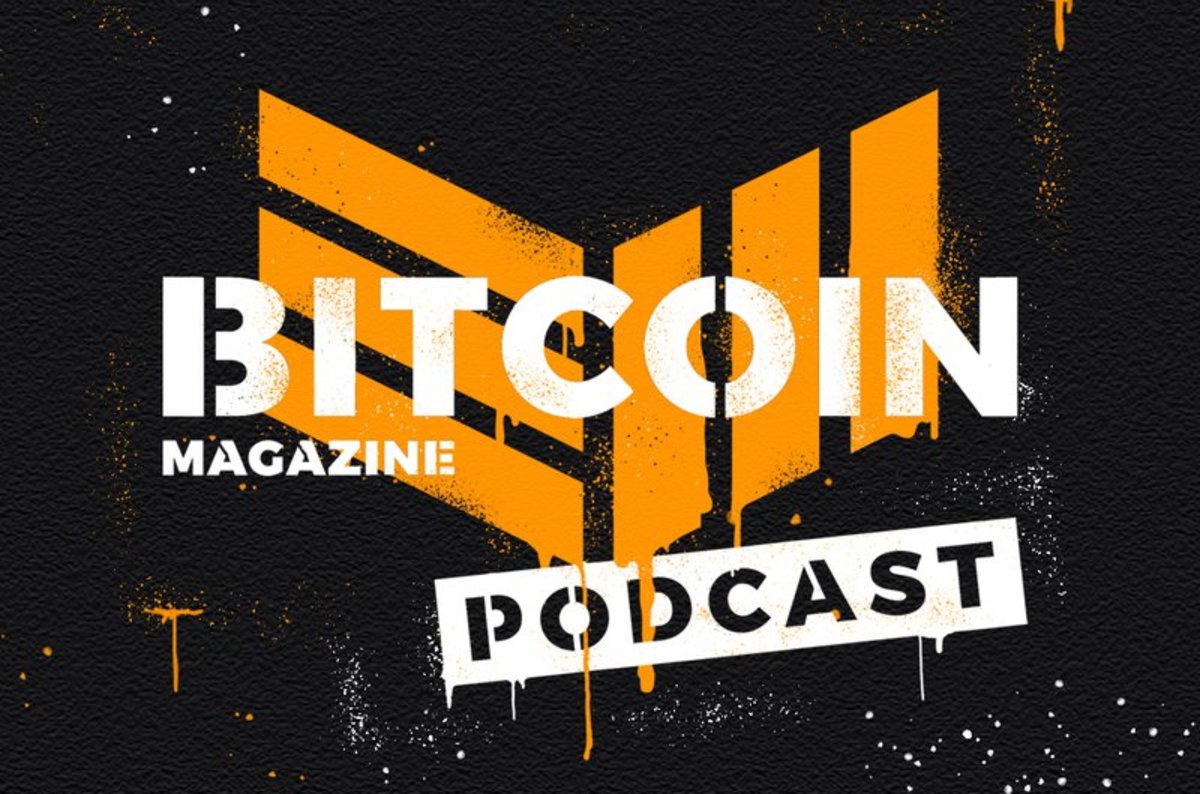
ACINQ, the firm behind the eclair Lightning Network implementation, has held a successful series A funding round.
The Lightning Network continues to grow and funding of Lightning development seems to be growing along with it.
ACINQ, the Paris-based development company behind the eclair Lightning implementation, announced today, October 9, 2019, that it has raised $8 million in a series A funding round led by venture capital firm Idinvest Partners, with involvement from investment bank Bpifrance and venture capital firm Serena. Following a $1.7 million seed round last year, this brings the total investment in the startup close to $10 million.
“This is good news for the Lightning Network,” ACINQ CEO Pierre-Marie Padiou told Bitcoin Magazine. “What we’re building only makes sense if the main actors are here for the long term.”
ACINQ
Shortly after the publication of the Lightning Network white paper in 2015, several teams formed to implement the layer two technology for fast and cheap bitcoin payments. ACINQ was one of these teams, and eclair — the Scala-based, open-source project it spearheads — is usually considered one of the three main implementations of the Lightning protocol, the other two being Blockstream’s c-lightning and Lightning Labs’ lnd.
“We are a bit more discreet than Blockstream and Lightning Labs, but I believe we have a fair share of contributions,” Padiou said. “It’s important that there are multiple implementations of the Lightning protocol. It’s a guarantee that no single company is in charge, and is what makes [sure] that people are able to trust this technology.”
Built on eclair, ACINQ currently offers two additional products. For one, the company was the first to develop a consumer-grade Lightning wallet application for Android phones, Eclair Mobile. This is one of the most popular Lightning wallets available today (quite possibly the single most popular one). Additionally, ACINQ maintains the Strike API, which allows businesses to accept Lightning payments easily and to be paid out in aggregated on-chain transactions. To support these services, ACINQ also runs one of the busiest nodes on the Lightning Network today.
The series A funding round will help ACINQ expand its six-person team, so the company can continue to build and improve both Eclair Mobile and Strike. Additionally, the startup will soon announce new (and, as of yet, undisclosed) products. But perhaps most importantly, Padiou said, it will allow ACINQ to continue to work on eclair and, therefore, on the Lightning Network itself.
“People need a better user experience when they use Lightning. But that’s only possible if real improvements are made on the protocol level, which takes time. With this funding, we’ll now be here for years,” Padiou said.
Further reading: What Is the Lightning Network?
Funding Lightning Development
Between ACINQ, Blockstream ($101 million) and Lightning Labs ($2.5 million), Lightning development has attracted significant funding in recent years. (Although Blockstream in particular works on a more varied range of projects.)
Padiou believes this is an indication that the industry may be maturing.
“We have seen less fundraises in the space in the last year or two. It used to be very difficult for outsiders to understand what in the industry has value and what does not,” he said. “But it's more clear what's important now. Scalability is the most critical thing that prevents Bitcoin from going mainstream, and projects that make sense will still convince investors. That’s good news for where we are going with Lightning.”
Serena had, itself, led ACINQ's seed round, but for Idinvest and Bpifrance, this is the first time they’re investing in a Bitcoin- or blockchain-related company.
“Cryptocurrency’s potential is becoming more and more obvious,” Véronique Jacq, director of Bpifrance’s digital investment division, said in a statement. “In this area where there is still much to explore and build, Bitcoin provides a platform for experimenting and implementing that is second to none. Lightning is its most promising scalability solution and we’re happy and proud to help and partner with ACINQ, a French company that is one of the world leaders of this new technology.”
The Lightning Network launched in beta in early 2018. Since then, the network has grown significantly. Just over the last year, the number of publicly visible nodes has tripled to over 10,000, holding over 800 bitcoin (worth over $6 million at the time of writing) in tens of thousands of payment channels. If non-visible nodes were included in the statistics, the numbers would be even higher — but the private nature of the Lightning Network makes it impossible to know by how much.










